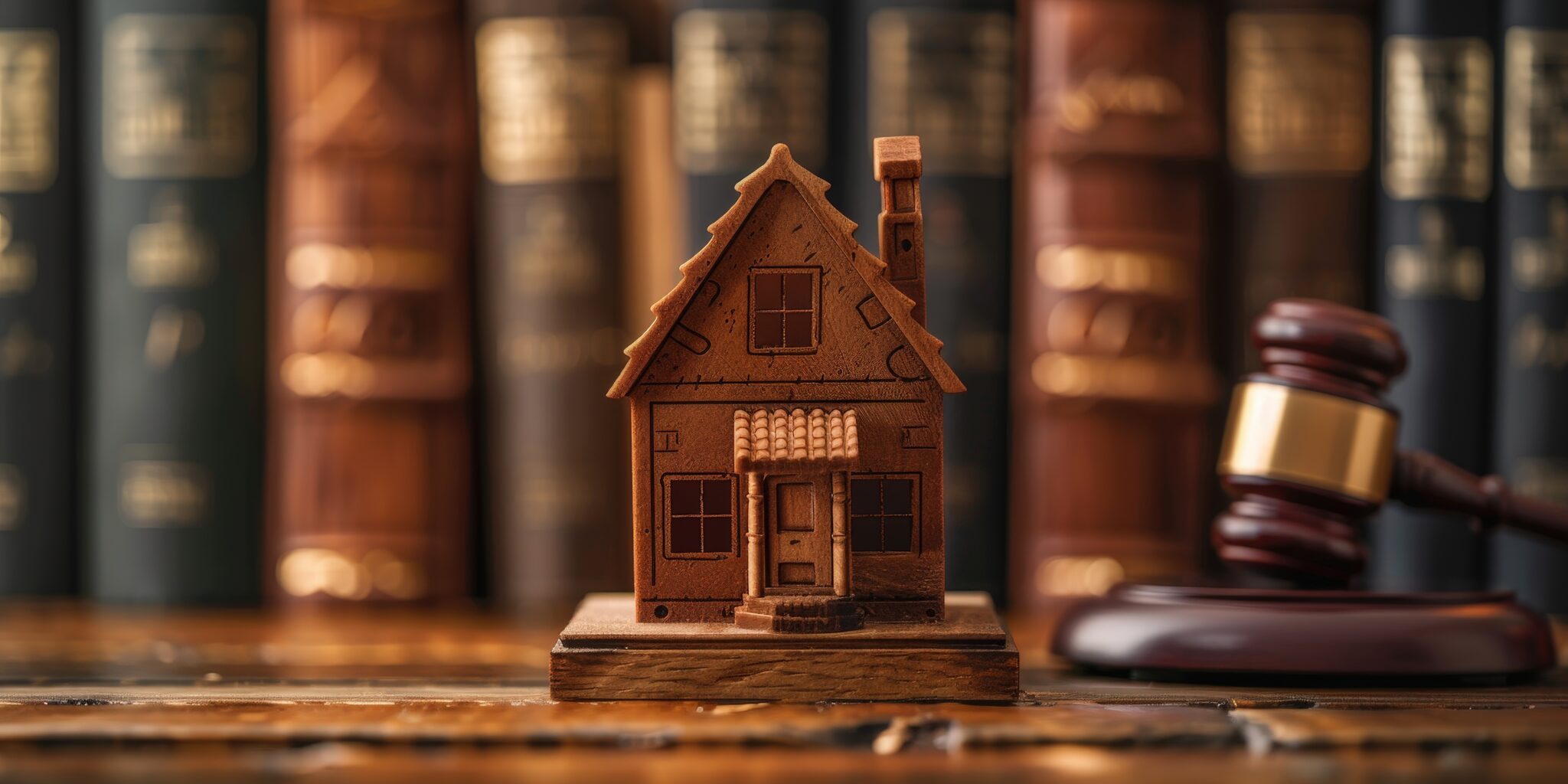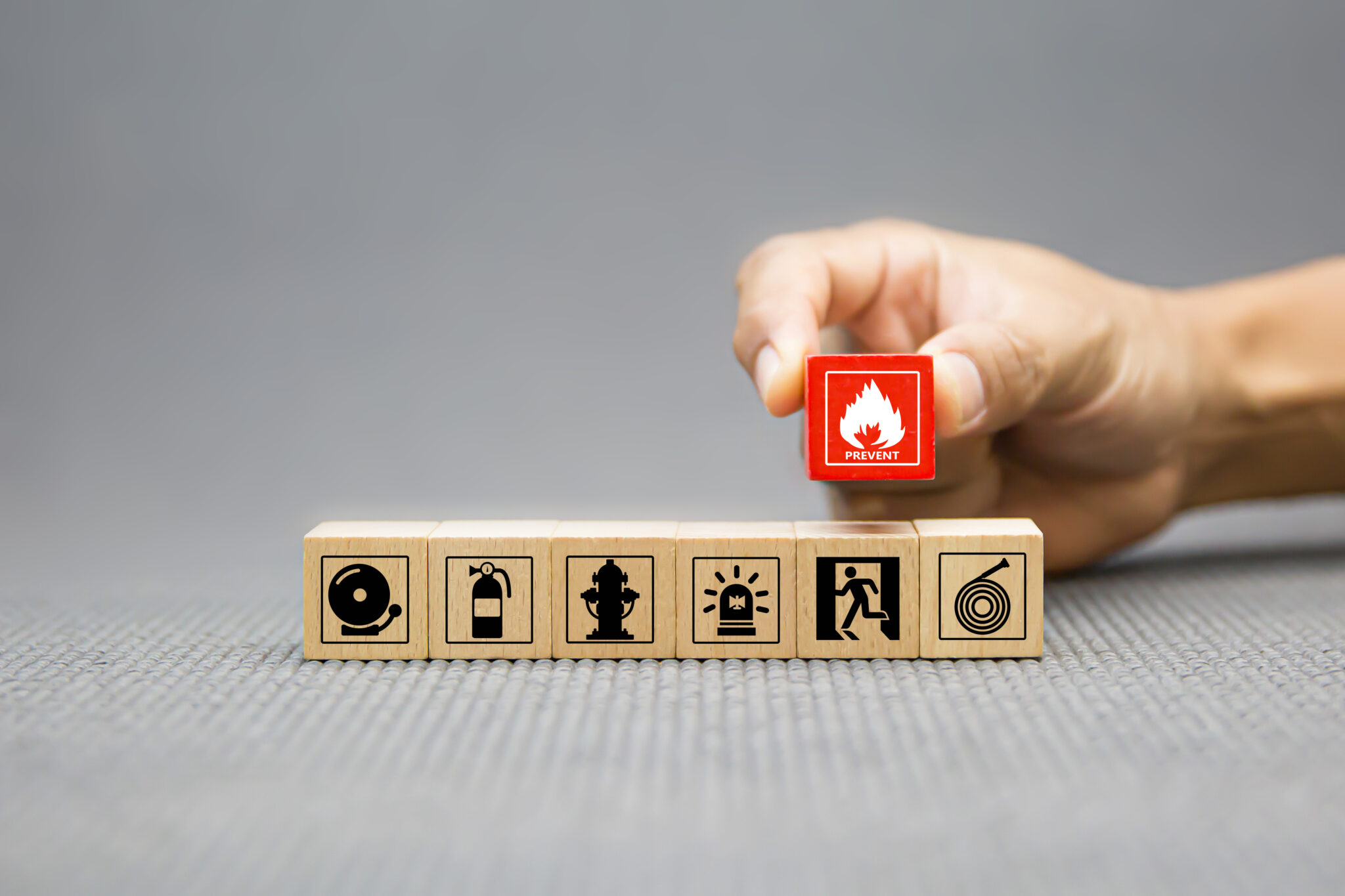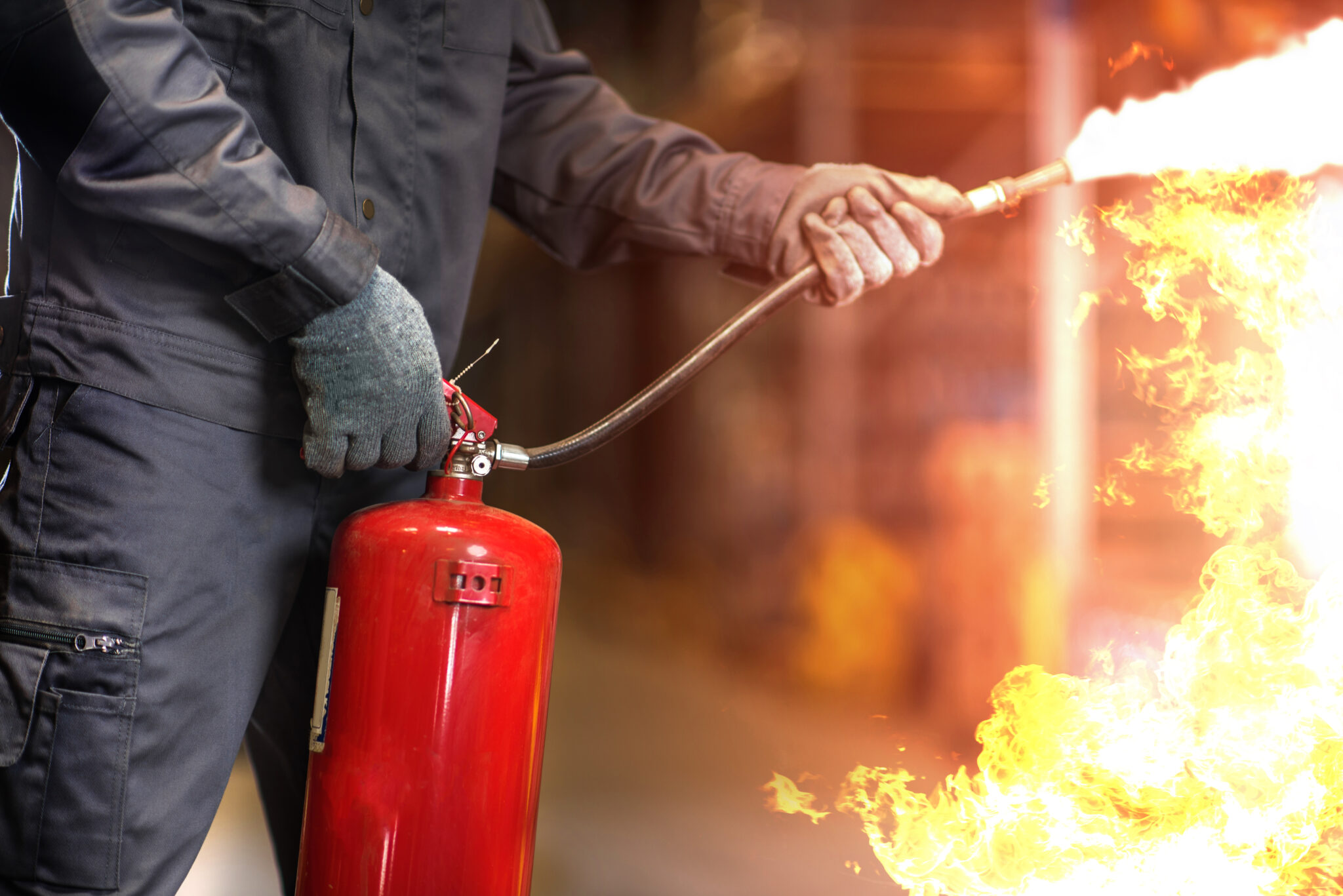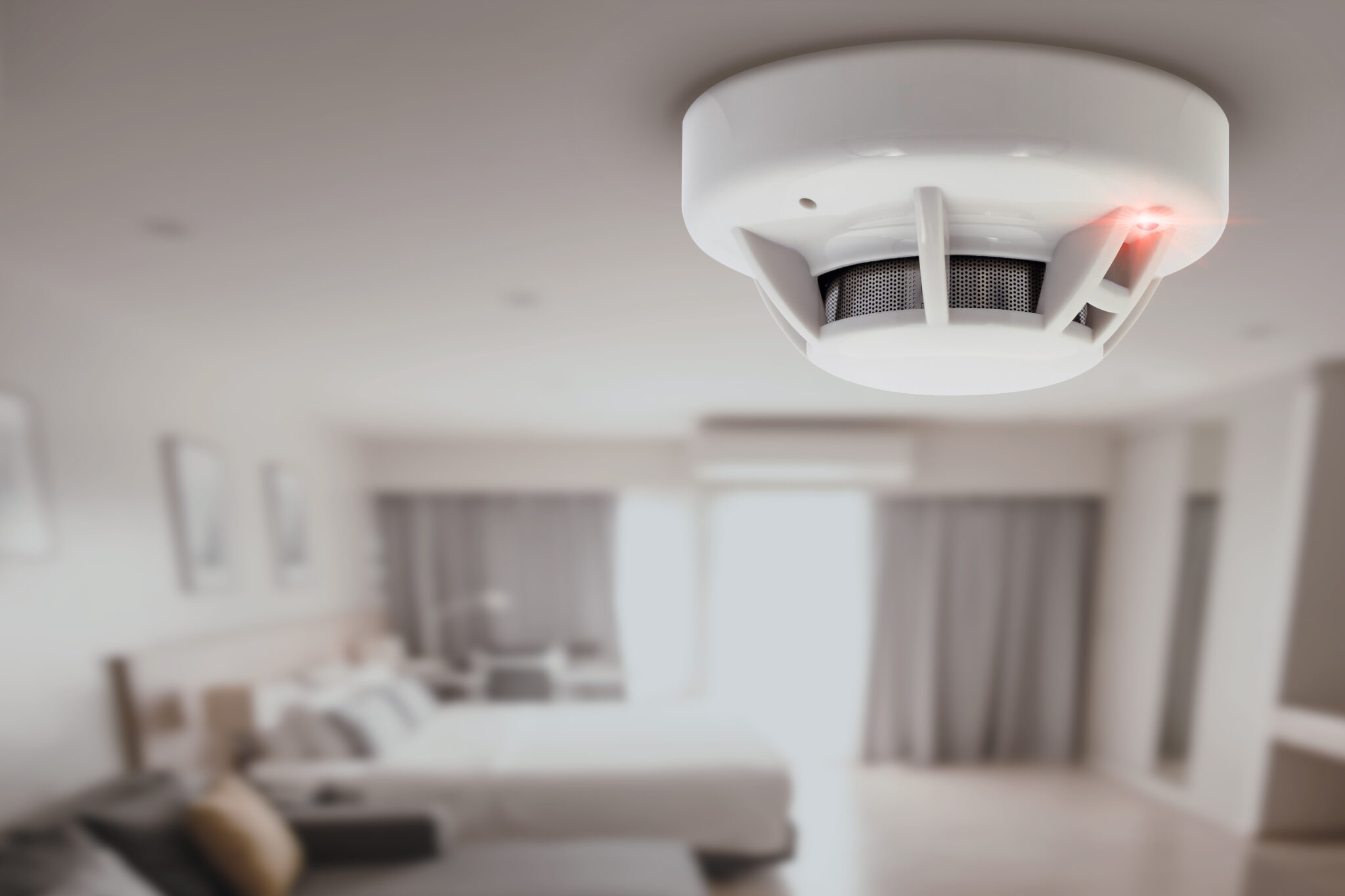

Fires can cause severe damage to homes and pose a significant risk to lives. In South Africa, where fire hazards can be heightened by certain climatic conditions and living environments, it is crucial to take proactive steps to prevent fires. Here are some essential fire prevention tips to keep your home and family safe.
Install Smoke Alarms
One of the most effective ways to protect your home from fire is to install smoke alarms. Smoke alarms provide an early warning, giving you time to escape in case of a fire. Make sure to:
- Install smoke alarms on every level of your home, especially near bedrooms. This ensures that you are alerted to fire hazards regardless of where you are in the house, improving overall safety.
- Test smoke alarms monthly to ensure they are working. Regular testing helps ensure that the alarms will function properly when needed most, providing peace of mind.
- Replace the batteries at least once a year. Keeping fresh batteries in your smoke alarms ensures reliable operation and reduces the risk of alarms failing during an emergency.
- Replace the smoke alarm units every ten years. Over time, smoke alarms can become less effective or malfunction. Regular replacement ensures that your alarms are up-to-date and reliable.
Create a Fire Escape Plan
Having a fire escape plan can save lives. Make sure every member of your household knows what to do in case of a fire. Here’s how to create an effective plan:
- Identify at least two exits from every room. This ensures that you have multiple escape routes in case one is blocked by fire or smoke, increasing your chances of safely evacuating.
- Establish a meeting point outside the home. Designating a meeting point ensures that everyone can be quickly accounted for after evacuating, providing reassurance during a stressful situation.
- Practice the escape plan twice a year. Regular practice helps ensure that everyone knows their role and can evacuate quickly and safely in an actual emergency, reducing confusion and panic.
- Teach children how to escape on their own if needed. Educating children about fire safety and escape routes empowers them to take action and increases their chances of safely evacuating in an emergency.
Keep Flammable Materials Away
Many household items can catch fire easily. It’s essential to store these materials safely:
- Keep flammable items like paper, cloth, and chemicals away from heat sources. Storing these items in cool, dry areas reduces the risk of accidental ignition and minimizes fire hazards.
- Store matches and lighters out of reach of children. Keeping these items out of children’s reach prevents accidental fires and ensures that they are used safely and responsibly.
- Use non-flammable containers for storing flammable liquids. Proper storage containers reduce the risk of leaks or spills that could ignite and cause fires, enhancing overall safety in your home.
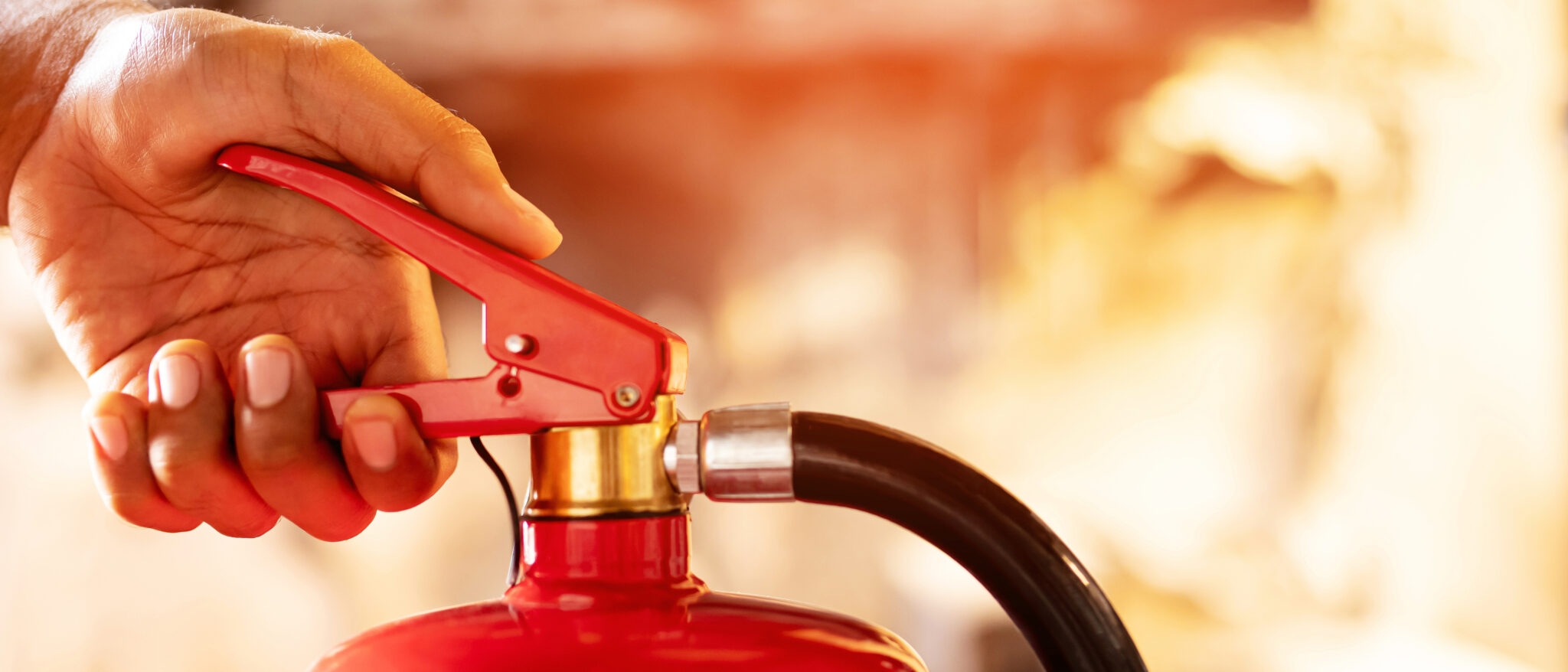
Be Cautious with Electrical Appliances
Faulty electrical appliances and wiring are common causes of fires. To reduce the risk:
- Regularly inspect and replace damaged electrical cords. Damaged cords can overheat and ignite, so replacing them promptly reduces the risk of electrical fires.
- Avoid overloading electrical outlets and extension cords. Overloaded circuits can overheat and cause fires, so distributing electrical loads across multiple outlets reduces the risk of electrical hazards.
- Unplug appliances when not in use. This reduces standby power consumption and eliminates the risk of electrical fires caused by faulty appliances.
- Hire a licensed electrician to check and update your home’s wiring if needed. Upgrading outdated wiring reduces the risk of electrical fires and ensures that your home’s electrical system is safe and up to code.
Use Heaters and Fireplaces Safely
During the colder months, heaters and fireplaces can pose fire hazards. Follow these safety tips:
- Keep heaters at least one meter away from anything that can burn. Maintaining a safe distance between heaters and flammable materials reduces the risk of accidental ignition and enhances overall safety.
- Never leave heaters and fireplaces unattended. Supervising heating devices while in use prevents accidents and ensures that they are used safely.
- Use a screen in front of fireplaces to prevent sparks from flying out. Installing a protective screen reduces the risk of sparks igniting nearby flammable materials and enhances fireplace safety.
- Ensure chimneys are cleaned and inspected regularly. Regular chimney maintenance removes flammable creosote buildup and ensures that chimneys vent properly, reducing the risk of chimney fires.
Practice Kitchen Safety
The kitchen is a common area for fires to start. To prevent kitchen fires:
- Never leave cooking unattended. Supervising cooking prevents food from burning and reduces the risk of kitchen fires.
- Keep flammable items like towels and paper away from the stove. Storing flammable materials away from heat sources reduces the risk of accidental ignition and enhances kitchen safety.
- Use a timer to remind you of cooking tasks. Using a timer prevents food from burning and ensures that cooking tasks are completed safely.
- Keep a fire extinguisher in the kitchen and know how to use it. Keeping a fire extinguisher within reach allows for quick response to kitchen fires and enhances overall kitchen safety.
Install Fire Extinguishers
Having fire extinguishers in your home can help you quickly put out small fires before they spread. Make sure to:
- Install fire extinguishers in key areas like the kitchen, garage, and near exits. Placing fire extinguishers in strategic locations ensures quick access in the event of a fire and enhances overall fire safety.
- Learn how to use a fire extinguisher properly. Familiarising yourself with fire extinguisher operation allows for quick and effective response to fires, reducing the risk of property damage and injury.
- Check the pressure gauge regularly to ensure it’s in the green zone. Monitoring fire extinguisher pressure levels ensures that extinguishers are ready for use when needed most and enhances overall fire safety.
- Replace or recharge fire extinguishers as needed. Maintaining properly functioning fire extinguishers ensures reliable fire suppression capabilities and enhances overall fire safety.
Avoid Open Flames
Open flames from candles and braais can be dangerous. Follow these tips to use them safely:
- Never leave candles unattended, and keep them away from flammable materials. Supervising candles while in use prevents accidental fires and ensures that they are used safely.
- Extinguish candles before leaving the room or going to bed. Extinguishing candles prevents accidental fires and enhances overall candle safety.
- Use braais in well-ventilated areas and keep them away from the house and any flammable materials. Using braais in safe locations prevents accidental fires and ensures that they are used responsibly.
- Keep a bucket of sand or a fire extinguisher nearby when braaing. Having fire suppression materials on hand allows for quick response to braai-related fires and enhances overall braai safety.
Maintain Your Property
Keeping your property well-maintained can reduce fire risks. Regularly:
- Clear dry leaves, branches, and other debris from your yard. Removing combustible materials reduces the risk of outdoor fires and enhances overall property safety.
- Trim trees and bushes to prevent them from touching power lines. Keeping vegetation away from power lines reduces the risk of power line-related fires and enhances overall property safety.
- Dispose of rubbish and recyclables properly to avoid accumulation. Proper waste disposal reduces the risk of rubbish-related fires and enhances overall property safety.
- Keep your roof and gutters clean to prevent the buildup of flammable materials. Cleaning roofs and gutters reduces the risk of roof-related fires and enhances overall property safety.
Educate Your Family
Educating everyone in your household about fire safety is crucial. Make sure they know:
- How to call emergency services (dial 10111 in South Africa). Knowing how to call emergency services ensures quick response to fires and enhances overall fire safety.
- Basic fire prevention and safety measures. Educating household members about fire prevention and safety measures ensures that everyone understands how to prevent fires and respond to fire-related emergencies.
- The location and proper use of fire extinguishers and fire blankets. Familiarizing household members with fire extinguisher and fire blanket locations and operation ensures quick and effective response to fires and enhances overall fire safety.
The Bottom Line
Fire prevention requires a combination of vigilance, proper equipment, and safety practices. By implementing these fire prevention tips, you can significantly reduce the risk of fire in your South African home. Protecting your family and property from fire hazards not only ensures safety but also provides peace of mind. Stay proactive, stay safe, and remember that prevention is always better than cure.
Recognising the comprehensive benefits of fire prevention highlights its role in a broader risk management strategy. It not only helps recover from immediate losses but also supports long-term resilience and stability. Whether for personal property or business assets, fire prevention is a crucial tool in ensuring that unforeseen fire incidents do not derail your financial and personal goals. By investing in fire prevention, you are taking a proactive step towards securing your future and protecting what matters most.
Insurance.co.za Content Team
We’re a specialist team of insurance and finance copywriters and content producers. The Insurance.co.za Content Team is a flexible and dynamic team. Hence we publish our content under the Insurance.co.za brand name rather than our personal names.
Other posts
